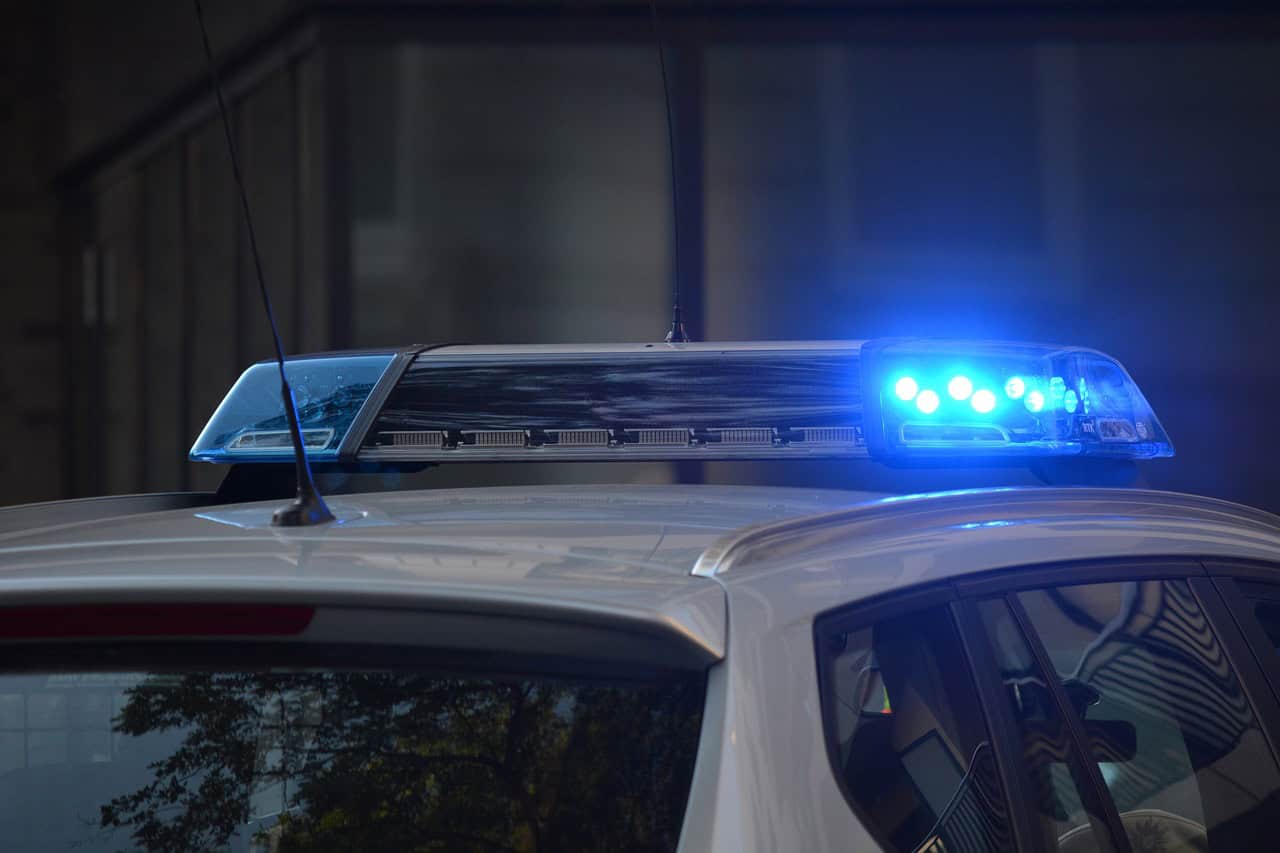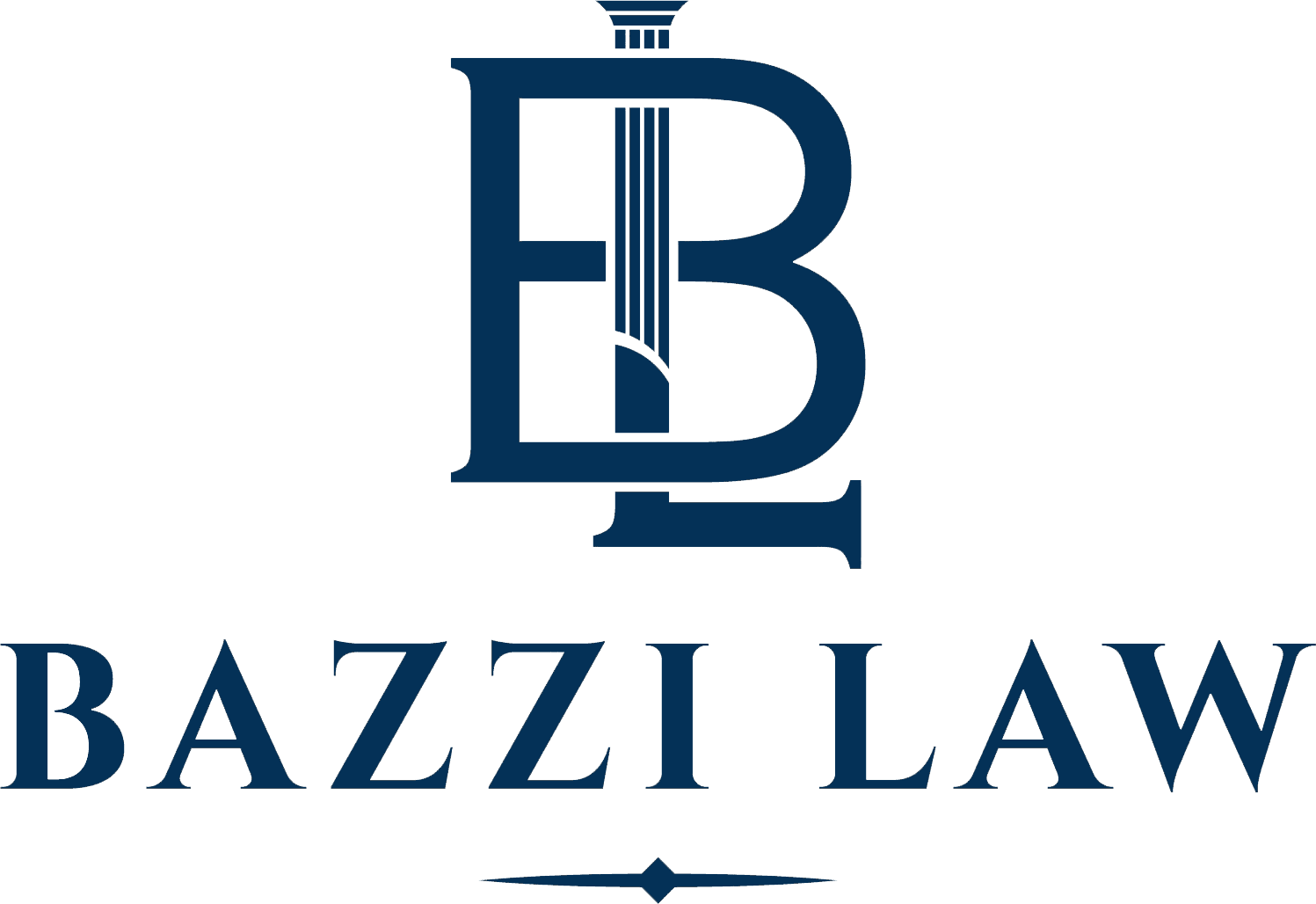Unlicensed Driving
Driving without a valid licence in Queensland can lead to serious consequences, including fines, imprisonment, and mandatory licence disqualification. Whether your licence has expired, you’ve accumulated too many demerit points, or you’ve been disqualified by a court order, understanding the different types of unlicensed driving is crucial. This guide will outline the types of unlicensed driving charges, the penalties involved, and what to do if you find yourself in this situation.
Book Your Free Consultation Now

What is Unlicensed Driving?
Unlicensed driving happens when someone operates a vehicle without a current, valid driver’s licence. It’s not just about forgetting to renew your licence. It can include situations where you’ve been suspended due to unpaid fines, too many demerit points, or a court order. Each scenario comes with its own set of penalties, ranging from fines to possible jail time. Let’s go through the main types of unlicensed driving charges in Queensland so you can understand what the law says.
Speak to a Lawyer Now
Table of Penalties and Disqualification Periods
To make things easier to understand, here’s a breakdown of the different penalties and disqualification periods for each type of unlicensed driving charge. It is crucial to maintain a valid driver licence to avoid these penalties and disqualification periods:
| Type of Unlicensed Driving | Maximum Penalty | Mandatory Disqualification |
|---|---|---|
| Unlicensed Driving (Simpliciter) | 40 penalty units or 1 year imprisonment | Discretionary (Court decides) |
| Unlicensed Driving – Demerit Point | 40 penalty units or 1 year imprisonment | 6 months mandatory |
| Unlicensed Driving – SPER Suspended | 40 penalty units or 1 year imprisonment | 1 to 6 months mandatory |
| Unlicensed Driving – Court Disqualified | 60 penalty units or 18 months imprisonment | 2 to 5 years mandatory |
Consequences of Disqualified Driving
Disqualified driving is a serious offence in Queensland, and the consequences can be severe. If you are caught driving while disqualified, you may face a mandatory disqualification period of at least 2 years, but not more than 5 years. Additionally, you may be fined up to 60 penalty units (approximately $171.55 per unit) or imprisoned for up to 18 months. The court may also consider your traffic and criminal history, as well as any other relevant factors, when determining the penalty. This means that if you have a history of traffic offences or other criminal activities, the court may impose harsher penalties. It’s crucial to understand that disqualified driving is treated with utmost seriousness, and the repercussions can significantly impact your life.


Infringement Notices and Court Appearances
If you are caught driving unlicensed, you may be issued an infringement notice, which is a monetary fine that must be paid within 28 days. However, if you have previously been convicted of unlicensed driving in the last 5 years or have never held a driver licence, an infringement notice cannot be issued, and you will be required to appear in court. In court, you may face a maximum penalty of 40 penalty units (approximately $113.85 per unit) or up to 1 year imprisonment. The court appearance is mandatory in these cases, and the penalties can be more severe, reflecting the seriousness of repeated or aggravated unlicensed driving offences.
Licence Suspension and Cancellation
If you are convicted of unlicensed driving, your licence may be suspended or cancelled. The length of the suspension or cancellation period will depend on the circumstances of the offence, including whether you were driving on a suspended or disqualified licence. In some cases, you may be eligible to apply for a restricted licence, such as a Work Licence or Special Hardship Order, but this will depend on the specific circumstances of your case. It’s important to note that the court will consider various factors, including your driving history and the nature of the offence, before deciding on the suspension or cancellation period.

Repeat Offences and Aggravating Factors
If you are caught committing an unlicensed driving offence more than once, or if there are other aggravating factors (such as dangerous driving), the penalties can increase significantly. For repeat offences, mandatory disqualification periods may be longer, and the fines or potential prison time may also increase.
For example, if you’re caught driving while disqualified by a court order multiple times, the court may impose harsher penalties, including longer periods of imprisonment or more extensive licence disqualification.
How Police Detect Unlicensed Drivers
The Queensland Police use various methods to detect unlicensed drivers, including Automated Number Plate Recognition (ANPR) cameras, which are fitted to police vehicles. These cameras scan licence plates and alert police officers if a vehicle is registered to an unlicensed driver. Police may also conduct random licence checks and use other intelligence to identify unlicensed drivers. If you are caught driving unlicensed, you may face harsher penalties, including fines, imprisonment, and licence disqualification. The use of technology and random checks means that unlicensed drivers are at a high risk of being detected and penalized, underscoring the importance of maintaining a valid licence.
What Should You Do if You Are Charged with Unlicensed Driving?
Facing an unlicensed driving charge can be overwhelming, but hiring an experienced traffic lawyer can significantly improve your situation.
Contact a Traffic Lawyer:
It’s highly recommended to seek legal advice. A lawyer can help you understand the charges, the likely penalties, and whether you have any defences available.
Review the Suspension Details:
If your licence was suspended due to demerit points or a SPER suspension, check how long the suspension is for and what you need to do to have it lifted.
Pay Off SPER Debts:
If your suspension is related to unpaid fines or debts with SPER, paying those off can help you get your licence reinstated more quickly. You may also be able to arrange a payment plan with SPER to manage your fines more easily.
Statistics on Unlicensed Driving in Queensland
Unlicensed driving is a common traffic offence in Queensland, and the numbers show just how frequently people are caught driving a motor vehicle without a valid licence. According to recent statistics:
In 2022, over 10,000 drivers in Queensland were caught driving without a valid licence.
A significant portion of these cases involved drivers who had their licences suspended due to demerit points or unpaid SPER fines.
These numbers highlight the importance of staying on top of your licence status and taking immediate action if it’s at risk of being suspended. Source: Queensland Government Traffic Statistics

Frequently Asked Questions
What happens if I drive with an expired licence?
If you’re caught driving with an expired licence, you’ll face an offence of unlicensed driving (simpliciter) charge. The penalties can include a fine of up to 40 penalty units or up to a year in prison, but there’s no mandatory licence disqualification for this offence.
Can I check if my licence has been suspended by SPER?
Yes, you can check the status of your licence through Queensland’s Department of Transport and Main Roads or by contacting SPER directly to confirm if your licence has been suspended due to unpaid fines. Additionally, adhering to the speed limit is crucial to avoid further penalties and ensure your licence remains in good standing.
Can I appeal an unlicensed driving charge?
Depending on the circumstances of your case, you may be able to appeal the charge. This is something you should discuss with a lawyer, who can guide you on the best course of action based on your situation.
Key Takeaways
- There are four main types of unlicensed driving charges in Queensland, each with different penalties.
- Penalties can range from fines to imprisonment, with disqualification periods varying depending on the offence.
- Repeat offences or aggravated circumstances can lead to harsher penalties.
- If you’re charged with unlicensed driving, seek legal advice, review your suspension details, and attend court hearings.
- Driving without a valid licence is a serious offence, so it’s important to keep your licence in good standing and respond quickly if it’s at risk of suspension.
